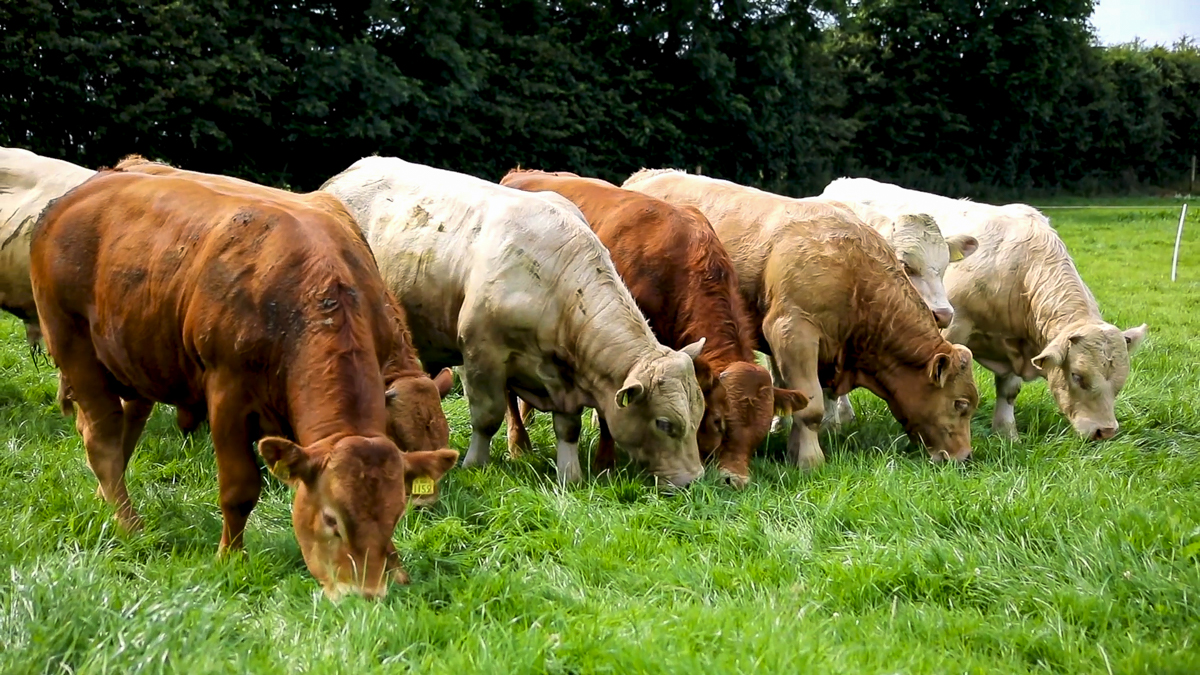The New Year has brought no easing of the pressure on Irish agriculture to push for a ‘net zero’ carbon footprint. And, increasingly, the ruminant sector finds itself in the ‘cros hairs’ of environmentalists – some of whom think they have all the answers!
Tuesday of the week just past saw BBC2 provide a group of ‘luvvies’ with the opportunity of discussing the carbon footprint of the various dishes they were served, courtesy of a three-course evening meal.
And guess what? Sirloin steak was number one in the carbon chart prepared for the programme. I sat there asking myself the question: does anyone ever question the figures trotted out on programmes like this?
But let’s stick with the real facts, where cattle and sheep are concerned.
Surely these are the fundamental facts that our food marketing bodies should be communicating to the world. Yes, carbon footprint is important, but it is not the ‘Holy Grail’ of food production. Farming is all about working with nature.
World picture
Given this fundamental reality, one could very quickly point the finger at the United States, whose farmers have converted million of acres of natural grassland into monocultures of maize (corn) and soya.
The island of Ireland has a great story to tell when it comes to producing food. Whether or not we are telling it well enough is a story for another day.
Green energy
The good news for Ireland, in this regard, is that the further refinement of wind and tidal technologies could transform this part of the world into a premier supplier of green energy.
But if our farming sectors become transfixed on carbon footprint, the only option will be to build big sheds and intensively feed animals. By taking this approach, we automatically lose our marketing advantage in countries around the world.
Moreover, we can’t beat the likes of the US and Brazil at their own game. So let’s just keep doing what we do best: growing grass and making sure that we put it to best use!
